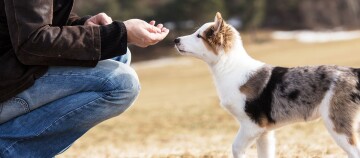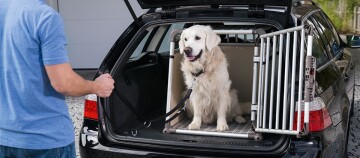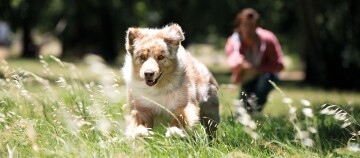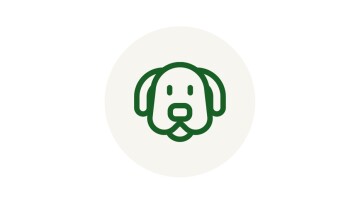Kangal - Extremely Independent Guard Dog with a Protective Character
05.01.2024 - Reading time: 3 minutes
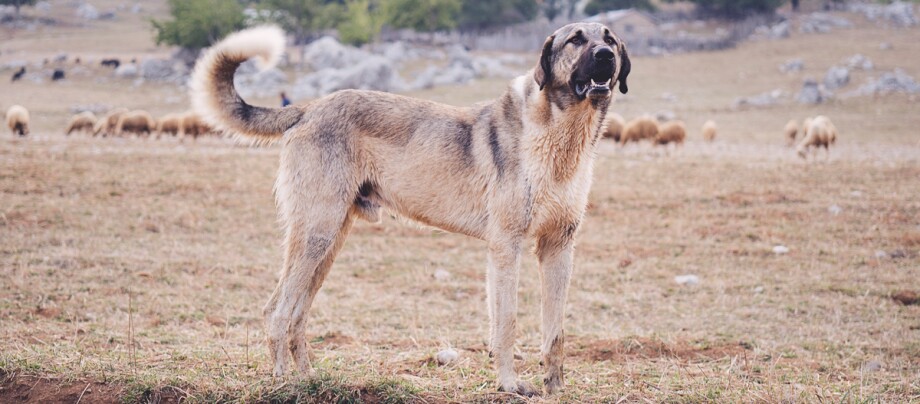
The Kangal is a large animal, the sight of which is impressive. In Turkey, it has been kept for centuries as a livestock guardian dog and a guard dog. It often carried out the task of protecting its herd in the barren areas independently for weeks without humans near it. This independence paired with a territorial claim does not make it easy to train this intelligent four-legged dog, therefore it must be well socialised and consistently trained.
NewsletterKangal
Breed | Kangal |
Origin | Turkey |
Classification | Pinscher and schnauzer – Molossus – Swiss mountain dog and other breeds |
Size | large, height approximately 72 to 86 centimetres at the withers |
Weight | 41 to 66 kilograms |
Physique | slim, muscular, balanced body proportions |
Eyes | wide apart and small, golden to brown |
Ears | medium in size, wide apart and flat lying |
Coat and colour | strong with undercoat; cream to dark grey, muzzle: black |
Special features | a listed dog in some countries |
Nature | calm, alert, protective, independent, intelligent |
Health | robust breed, no known hereditary diseases |
We have the best products for your Kangal!
A Turkish shepherd dog
The Kangal is a Turkish shepherd dog, whose ancestors probably lived with humans more than a thousand years ago. From 1980 to 2018, it was part of the FCI (Fédération Cynologique Internationale [International Cynological Federation]) designated Anatolian Shepherd Dog as an officially recognised breed together with the Akbaş and the Karabaş. Since 2018, the FCI only recognises the Kangal as an independent breed.
Kangal’s nature
The proud four-legged animal is in itself a peaceful and calm animal. However, due to its nature as a guard and livestock guardian dog, it is very attentive and suspicious of strangers. If it sees its herd, territory or even its humans to be threatened, it decides to intervene quickly and unannounced. For this reason, the big Anatole needs consistent leadership and a boss, whom it also acknowledges without compromise. Towards its human, the Kangal is gentle and affectionate, but with the wrong socialisation or upbringing, it can display a decidedly dominant behaviour,
Training and keeping of the Kangal
The large shepherd dog needs continuous and consistent training from puppy age. Attending puppy classes and dog school is absolutely necessary for learning the basic commands. At the same time, early and constant encounters with other dogs can counteract this breed’s natural distrust of other dogs. If this is not successful, the Kangal often shows dominant behaviour when meeting other animals. However, as the persistent four-legged friend needs a lot of exercise, extensive walks are an absolute must for it. In addition, it needs its own territory, as large as possible, or at least a securely fenced garden. A well-trained and species-appropriate Kangal is a loyal and faithful friend, who longs for support and closeness.
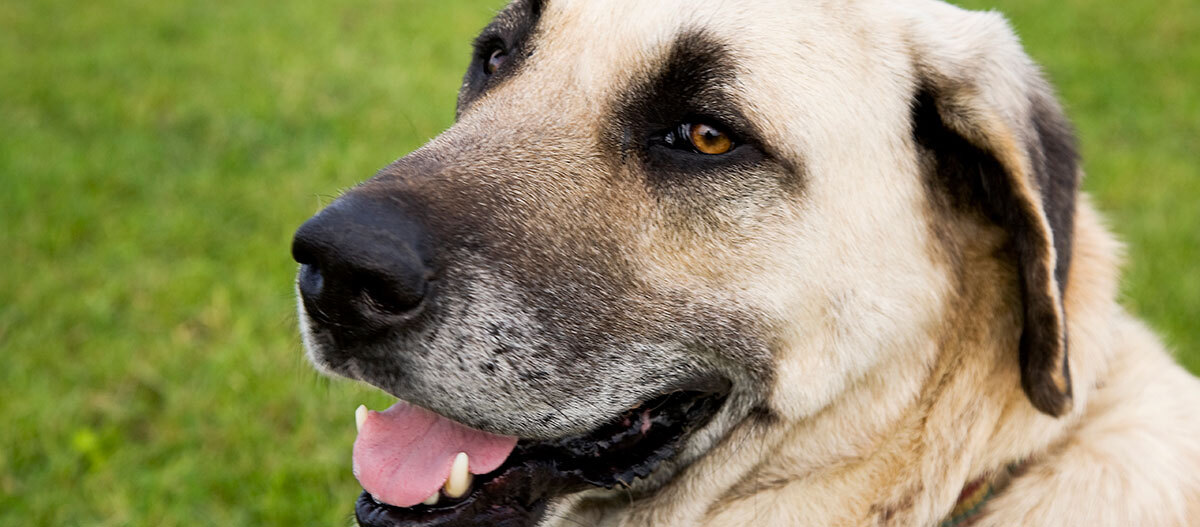
Care of the Kangal
Due to the fact that the Kangal has to take care of itself in its natural task of protecting its herd, it is on the whole an undemanding animal. It does not need toys, but plenty of space and sufficient activity in the form of exercise. The semi-long to long coat should be brushed regularly, and daily especially during the coat change. If it is already accustomed to this when it is a puppy, it will certainly enjoy this care from its human.
Special features
Due to its original task as a livestock guardian dog, the Kangal can be very dominant if not kept or trained appropriately. For this reason, this dog breed is a listed dog, which means that in some countries there are special requirements for keeping this breed, such as a dog licence for the owner and a temperament test for the dog. Dog tax is also significantly higher for listed dogs.
You can find the regulations of the individual countries here:
https://www.hamburg.de/hundegesetz/
https://rp-darmstadt.hessen.de/sicherheit/hundeverordnung
When buying a Kangal, be sure to go to a reputable breeder, who socialises the animal appropriately from the beginning. This will help you avoid problems with the proud shepherd dog later on.
